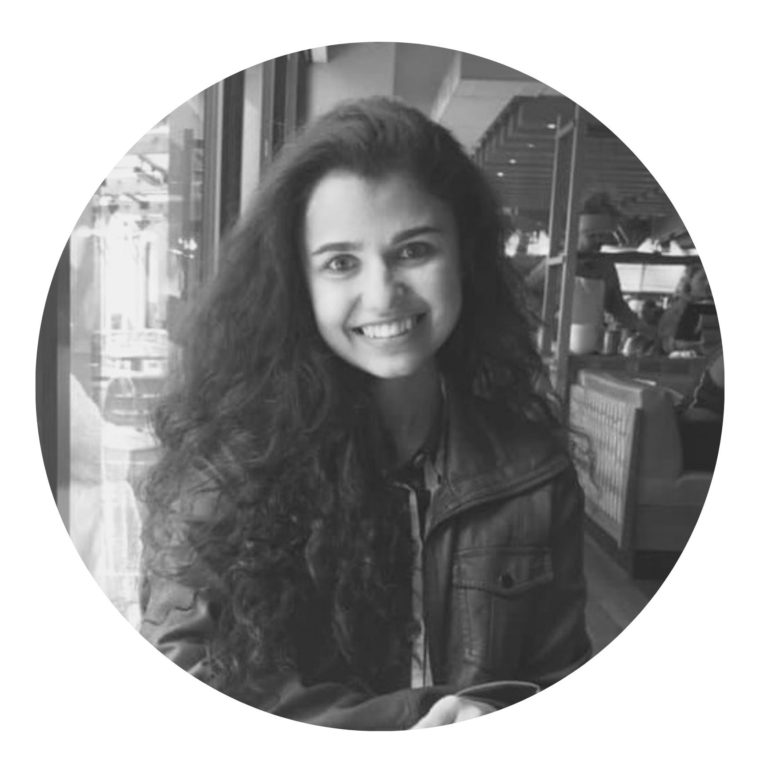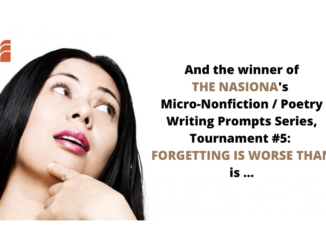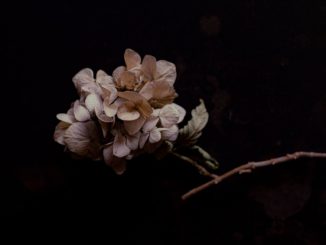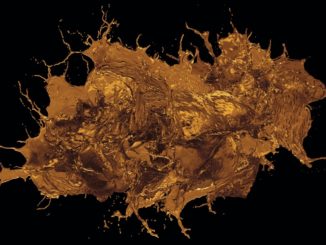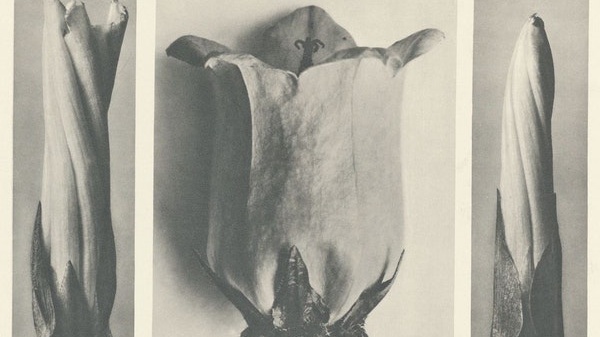
Most of my sister and my dolls were women. So when we used to play with them as children, we pretended some were men in order to have them be in relationships.
I was six or seven when I finally asked my mom if two women could get married. She gave me the truth, or what was then the truth in the early 2000s in the U.S., when the answer was morally yes but legally no. “It’s complicated.”
No U.S. states had then legalized same-sex marriage. The earliest to do so, Massachusetts, wouldn’t until 2004. To me it didn’t matter, since I hadn’t yet taken notice of anyone of any gender yet. The first time wouldn’t be until 2008, the year I began watching House for the first time and developed a huge crush on actor Jesse Spencer. And if I was also into Olivia Wilde, that was something I couldn’t yet admit to myself. She played Thirteen, the first bisexual character I had ever seen on TV.
The first time a girl kissed me was Halloween 2013. I was sitting in the common room of my freshman dorm dressed as a condom fairy — I had wings, a crown, and a bucket full of condoms I’d gotten from the Community AIDS Awareness Project to pass out — and hanging out with a group of friends pre-Rocky Horror Picture Show. Another group of barely-adults wandered into the building drunk or high or probably both, and I complimented one of them on their costume. She wandered over to me and pressed her lips to mine in a nonverbal “Thank you.”
Like many, I learned a lot in college. I learned that I didn’t like sociology and that it was pretty easy to finish a minor. I learned that I matter and that toxic people aren’t worth my time. And slowly over the course of those years, I learned that I was bi.
In hindsight, maybe the waiting patiently to see Rocky Horror instead of getting trashed with my peers should have been a sign.
I came out for the first time on election night in 2016. I knew we would be in trouble during the primary elections when another student, a sophomore at the time, told me that she hadn’t been able to vote. In fact, half her suite hadn’t been able to vote. The black half. They weren’t the only ones. In 2016, North Carolina polling places for early voting went from sixteen to one. African American turnout across the state went down that year by nine percent. Long lines meant working voters couldn’t cast their ballots. The results came in: Trump took the republican primary, Clinton the democratic. Though I was disappointed that Bernie Sanders hadn’t been able to claim the democratic nomination, I was also excited about the prospect of a woman for president.
I voted in the presidential election in November with my friends Devon and Sonia. We piled into Devon’s little blue Hyundai with the lobster bumper sticker, the only one with a Maine license plate on our North Carolina campus. She called it “Junebug.”
“Are you excited for the sticker?” Devon asked. Her hair blew in the wind and one hand rested on the top of the window glass.
“Yes.” No question. After voting in Greensboro, someone always handed me an “I voted early. Did you?” sticker. At that point I still had my first one on my laptop, like a good liberal arts student.
“What are you going to do with it?” Devon asked.
“Keep it.” They both laughed. “It’s our first presidential election and we’re voting for the first woman president. I’m keeping this sticker.” I checked my phone, which had the directions pulled up. “Turn left.”
I watched the results come in a few days later on rotating screens. First, on a school computer while I made the newspaper. Then, on my roommate’s laptop while I cried in her room with friends as we watched the election map turn redder and redder, foreshadowing the deaths to come. From COVID, hate crimes, a lack of healthcare, police brutality.
The man who it appeared would become our vice president had a long and brutal history of supporting conversion therapy for queer folks. It was this that compelled me to blurt, “You guys, I’m bisexual.” I said it like a question, even though it wasn’t. Then a half-sob, half-laugh escaped my lips and I said, “What a way to come out, right?”
At this point, I’d known I was bi for a while. At least since that previous summer, when I finally admitted it to myself, but probably for longer. I switched screens one more time, to my phone until I finally fell asleep. I didn’t end up keeping the “I voted” sticker.
More recently, having been out a few years, I found out that someone I know thinks I’m going to hell for being queer. She insists she still cares about me, that she can love me while disapproving of my “actions.” But being bi isn’t an action. It’s a fundamental part of who I am, and I don’t need to waste any more time on someone who doesn’t value that.
She doesn’t matter, and I know that. But I’m still allowed to be upset when blatant homophobia is directed at me or shoved in my face. That’s normal, and it’s valid for anyone. I’m a person and deserve to be treated with respect. No one should have to maintain a relationship with someone who holds themselves above you because of who you are.
Mostly, I deserve to be heard. That’s a valid enough reason to share my experiences, so I’m taking those experiences of a scared hardly-an-adult-yet and speaking out.
For her then and for me now.
Nicole Zelniker
Nicole Zelniker (she/her) is a writer, activist, and podcast producer at The Nasiona. Nicole is also the author of several books, including Letters I’ll Never Send. Check out the rest of her work at nicolezelniker.com.
Featured image: Artwork by Karl Blossfeldt on The Public Domain Review.
